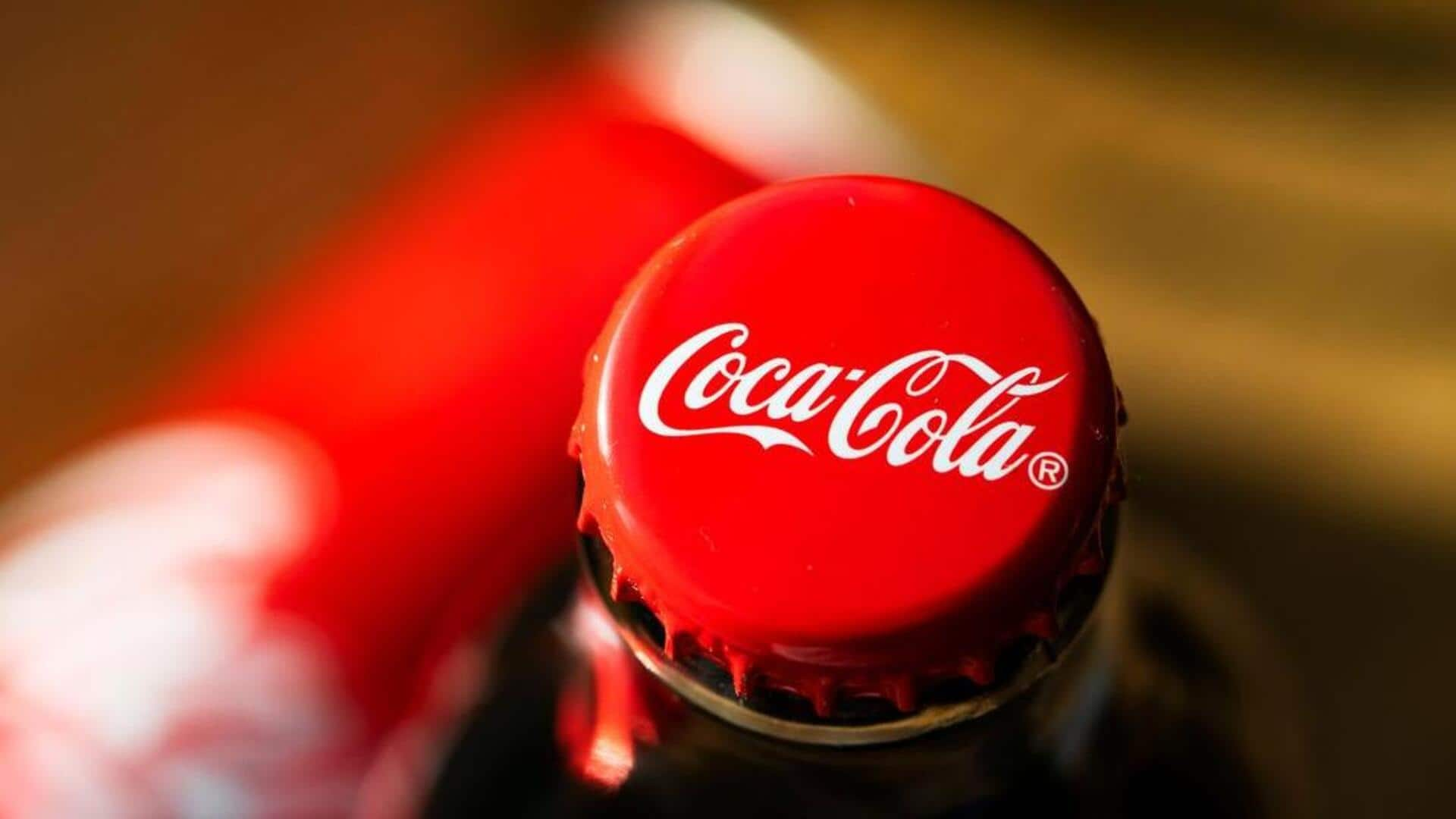
Why Coca-Cola was kicked out of India in 1977
What's the story
In the summer of 1977, after the 21-month Emergency, India witnessed a political shift with the Janata Party coming to power. The new government, led by Morarji Desai, took a bold step by showing Coca-Cola the door. The move was part of a larger strategy to promote economic and political change in the country. To fill the void left by Coca-Cola's exit, the government launched its own cola brand: Double Seven.
Nationalism
Double Seven was India's answer to Coca-Cola
Double Seven, named after the year 1977, was more than just a drink. It was a symbol of India's new political landscape and self-reliance. The indigenous cola was launched at the annual trade fair at Pragati Maidan in Delhi. It was manufactured and marketed by Modern Food Industries, a government-owned company known for its bread production.
Naming
Significance of the brand name
The name "Double Seven" was suggested by then MP H V Kamath, who was awarded a cash prize for his contribution. The number 77 holds significance as it marks a year of major political changes in India. Although the drink wasn't available until 1978, its launch was a response to the end of Indira Gandhi's government and Coca-Cola's exit from India.
Market shift
How the decision to oust Coca-Cola was taken
The decision to throw Coca-Cola out of India was taken by then Industry Minister George Fernandes. He had asked the company to dilute its equity stake in its Indian associate to 60%, as per the Foreign Exchange Regulation Act. While Coca-Cola agreed to transfer a majority of shares, it refused to share the formula for its concentrate, claiming it was a trade secret.
Challenges
Double Seven didn't do well in the Indain market
The formula for Double Seven was developed by the Central Food Technological Research Institute (CFTRI) in Mysuru. However, despite its launch with the tagline "The Taste that Tingles," it didn't fare well in the market. It faced tough competition from other brands like Campa Cola, Thums Up, and Duke. Sunil Lala recalls this period in his book American Khichdi (published in 2009), highlighting Double Seven as a government-backed drink meant to rival Coca-Cola.
Market dynamics
Coca-Cola made a comeback when Indira Gandhi returned to power
Double Seven's journey ended with Indira Gandhi's return to power in 1980. Coca-Cola made a comeback in October 1993, after the liberalization of the Indian market by the P V Narasimha Rao government. The brand has maintained a strong presence in the Indian market ever since. The episode has been referenced by several authors, including Congress leader Shashi Tharoor, who criticized the Janata ministers for celebrating the exit of multinationals like Coca-Cola as a victory for socialism and self-reliance.